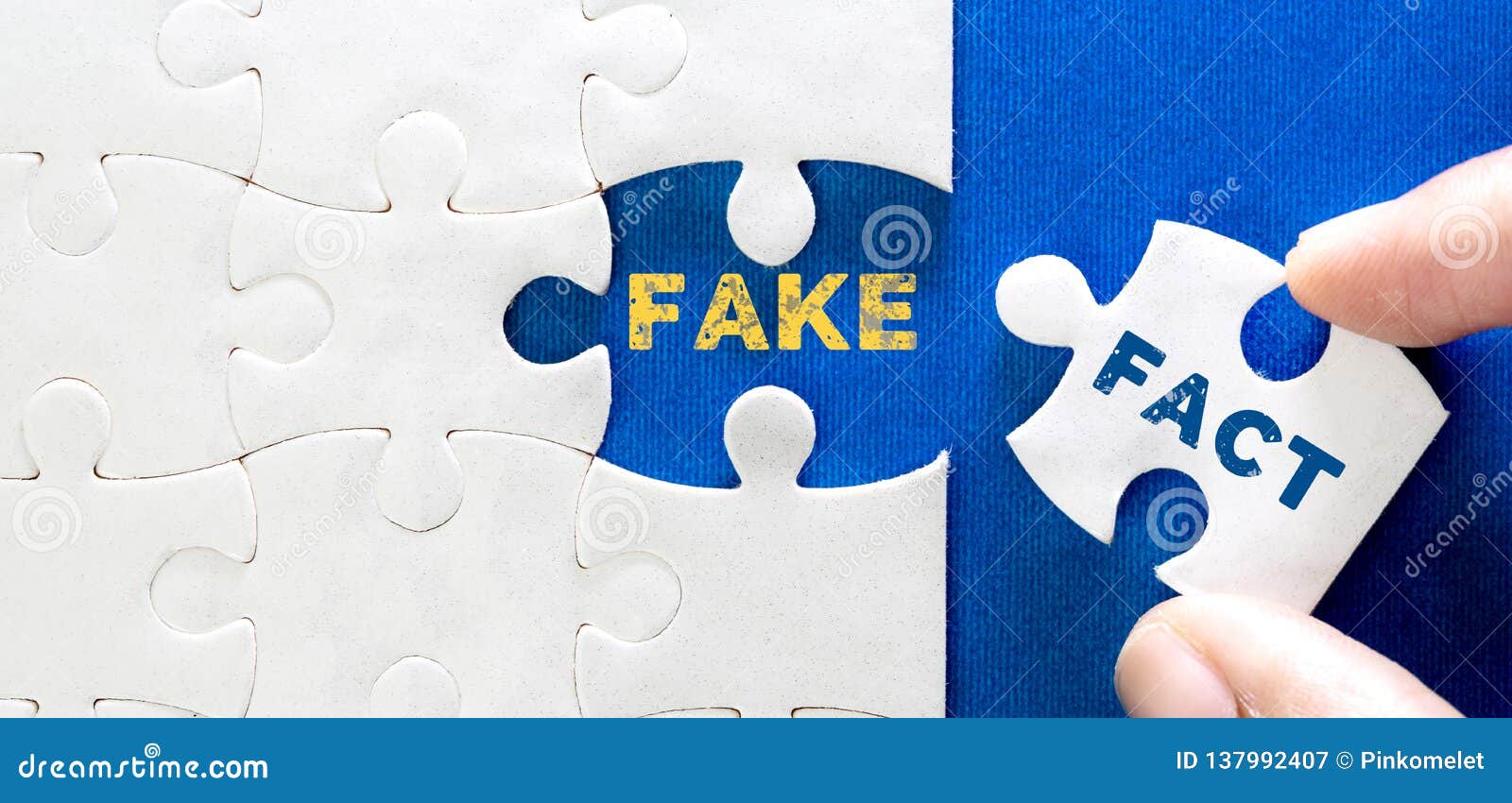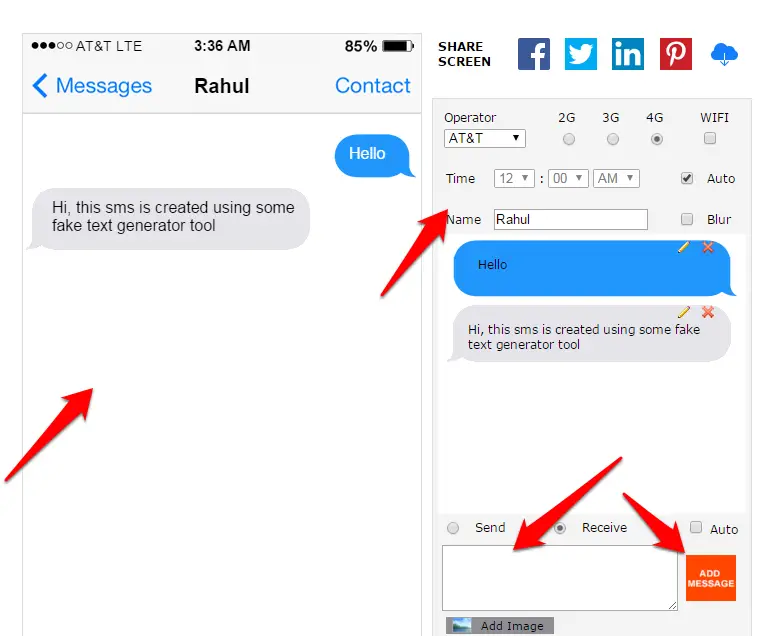

court, too – depending on the jurisdiction). Kirkham, the plaintiff won on a defamation charge in an Australian court (and there’s a decent chance he would have won a defamation charge in a U.S. The judge ruled that even though calling someone gay is not defamatory, the email heavily insinuated that “ the plaintiff is promiscuous, is of loose moral character and is seeking to solicit sexual relationships with people he does not otherwise know.” Interestingly (or perhaps tellingly), Kirkham supposedly fessed up to the prank, dismissing it as a harmless “bad joke.” But when the lawsuit landed, Kirkham, allegedly, changed his tune and blamed the “bad joke” on another co-worker. Both parties fought hard, but in the end the Australian court sided with Tassone, and the plaintiff walked away with $100,000. To make up for the lost income and perceived blow to his reputation, Tassone sued for defamation of character. The email read: “Hello people, just a note to say that I am a homosexual and I am looking for like-minded people to share time with.” As a result, Tassone “suffered personal hurt and distress” and couldn’t work for a year. From it, Kirkham allegedly sent a message to Tassone’s contacts. In 2011, Australian Stephen Kirkham gained access to co-worker Cosimo Tassone’s email account. Give us a call today to start weighing your options. The perfect legal solution may not be as costly or long as you think. We handle all manners of online libel and impersonation litigation. Do You Have A Legal Question About Impersonating Someone On The Internet?Īre you dealing with an impersonation situation? Considering legal action? If yes, get in touch with Kelly Warner Law. court, in the not too distant past, ruled that “ everyone is famous on Facebook.” While the public figure distinction may work against average Janes and Joes in IP lawsuits, the status could help in certain false light and defamation lawsuits. In some states, impersonating someone on a social media account or email could invite false light charges – especially since a U.S.

Getting caught means serious ramifications - unless, of course, the content is clearly a work of satire or parody.
FAKE A TEXT PROFESSIONAL
Impersonating a law enforcement official, or other type of public servant, in a professional capacity, is illegal. But in order for a statement to be legally defamatory, the defendant, at the very least, has to act negligently and cause harm to befall the victim. Maliciously spreading false statements of fact about another person or business is against the law - in every corner of the United States - and beyond. If genuinely threatening content is published on a fake Twitter or Facebook account, authorities will sniff out the people behind it hold them accountable. Threatening to harm or hurt someone is almost never OK - or legal. The chances of being sued do skyrocket, however, if the posts under review fall into one of the four categories. Is it legal to make a fake Twitter or Facebook account using another person’s name, with the purpose of humiliating them? Is it legal to Parody a private citizen By Co-Opting Their Name On Social Media? In the United States, satire and parody are acceptable defamation is not.
FAKE A TEXT FREE
Suffice it to say that works of both are meant to be witty – if not poignant – commentaries on political and cultural topics.ĭefamation, on the other hand, is a free speech boundary that protects a person or company from harmful, malicious, negligent lies. I won’t bore you with a diatribe on the finer points of satire versus parody. First Things First: Parody, Satire, and Defamation: What is the Difference? Impersonating someone on the Internet: Is it perfectly legal to set up a Twitter or Facebook account using another person’s name? Or, can doing so land you on the losing side of a lawsuit? What about parody? Is it legal to pretend to be someone else, on social media, for satirical purposes?īelow, we’ll answer these questions and explore the legal intersection of libel, humor, and impersonating someone on the Internet.


 0 kommentar(er)
0 kommentar(er)
